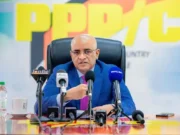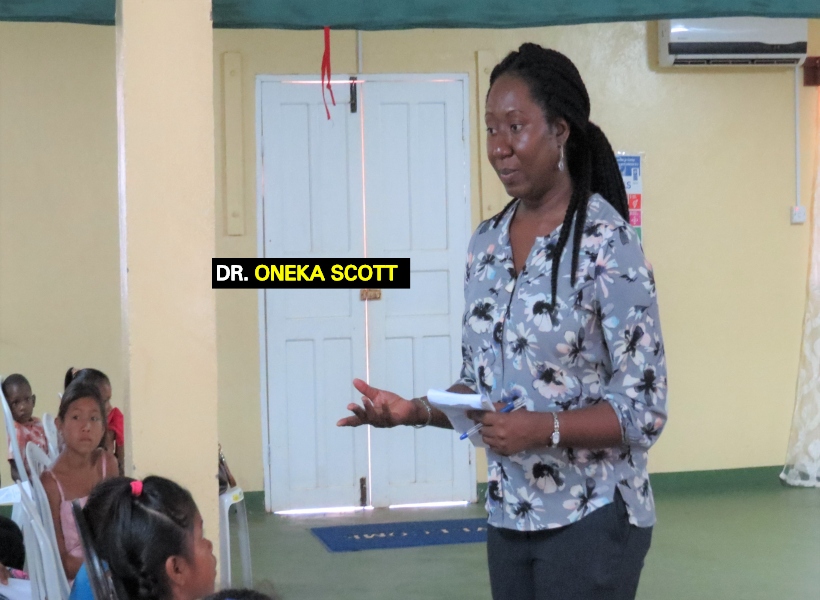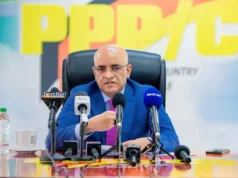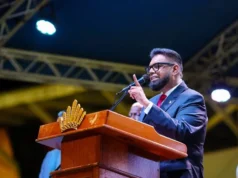Not only teenage mothers, but those teenagers who have special needs and those living with HIV/AIDS are among the target of the Ministry of Public Health’s Adolescent Health teen pregnancy clinics and adolescent support groups’ programme. This is according to Maternal and Child Director [ag], Dr. Oneka Scott.
According to Dr. Scott, the programme has been well-received in the communities where teenage pregnancy and particularly incest are significant adolescent health issues.
She noted that while pregnant teenage girls are more likely to drop out of school to take care of their new-born babies, it is expected that this will become a thing of the past with full support from the Region’s Health Care Workers.
Currently teen mothers are being seen separately from the adult women. This has since allowed for greater and more personal interactions with health care providers, Dr. Scott shared. Through this venture, teenage mothers are also able to participate in community parenting and support-group meetings which are held at different intervals outside of the clinic setting.
At these sessions, the young mothers are given the opportunity to receive educational information on their pregnancy and other information which seeks to address the importance of family planning and how to prevent repeat pregnancies during their teenage years.
“Teen moms are children themselves so we teach them how to prepare for babies, what to do, what not to do during pregnancy and to recognise the warning signs. We even have fun baby games and the Lamaze training which looks at exercise during pregnancy”, Dr. Scott emphasised.
The MCH Director envisages that every woman, child and adolescent living under any condition have access to existing social and economic opportunities available in the country and are able to participate fully in helping to shape a prosperous and sustainable society by 2020. This is in keeping with the country’s Health Vision 2020.
Moreover, Dr. Scott said that her department is pursuing various initiatives, including the establishment of adolescent and youth-friendly health care services across the country, towards this end.
According to her, there are ongoing refresher training schemes for new recruits and existing staff to enhance their skills to function clinically and to address adolescent health matters. “We are tasked to ensure that everyone is trained and that information is passed down so there is transfer of the knowledge,” Dr. Scott noted.
Though the initiative is a costly venture, the MCH Director said the Ministry has recognised the importance of having models for demonstration and Information, Education and Communication (IEC) materials for training and for community sensitisation sessions. “My unit is committed to acquiring these items over the next few years. We will get the clinics prepared both structurally and technically support needed,” she further assured.











